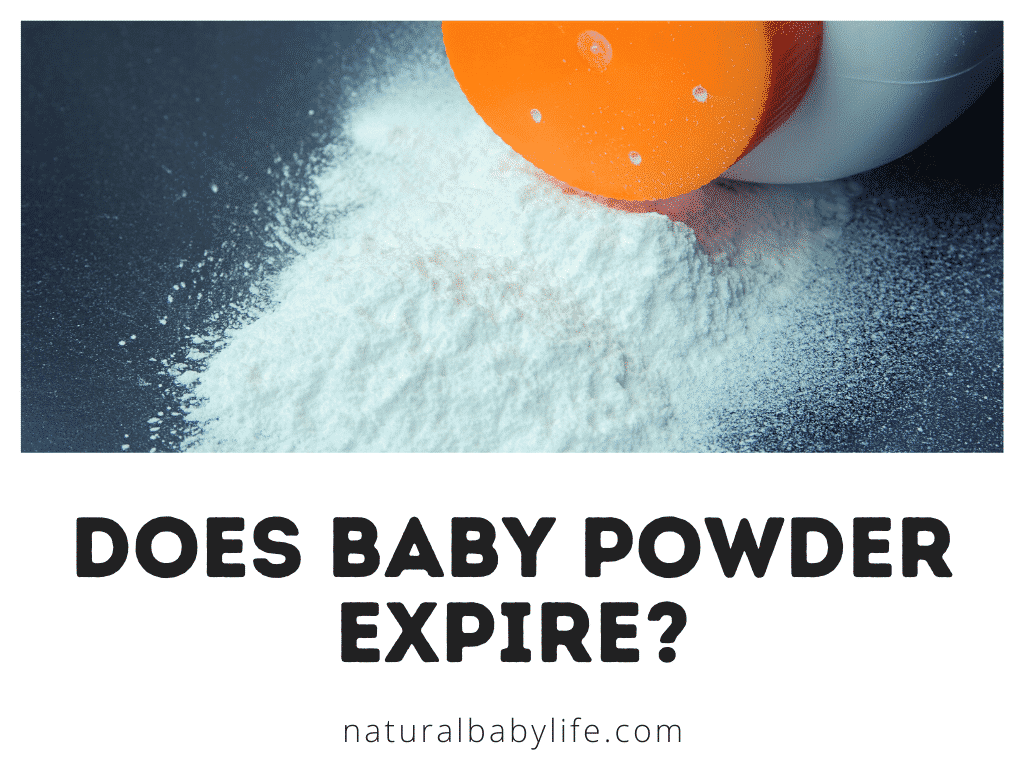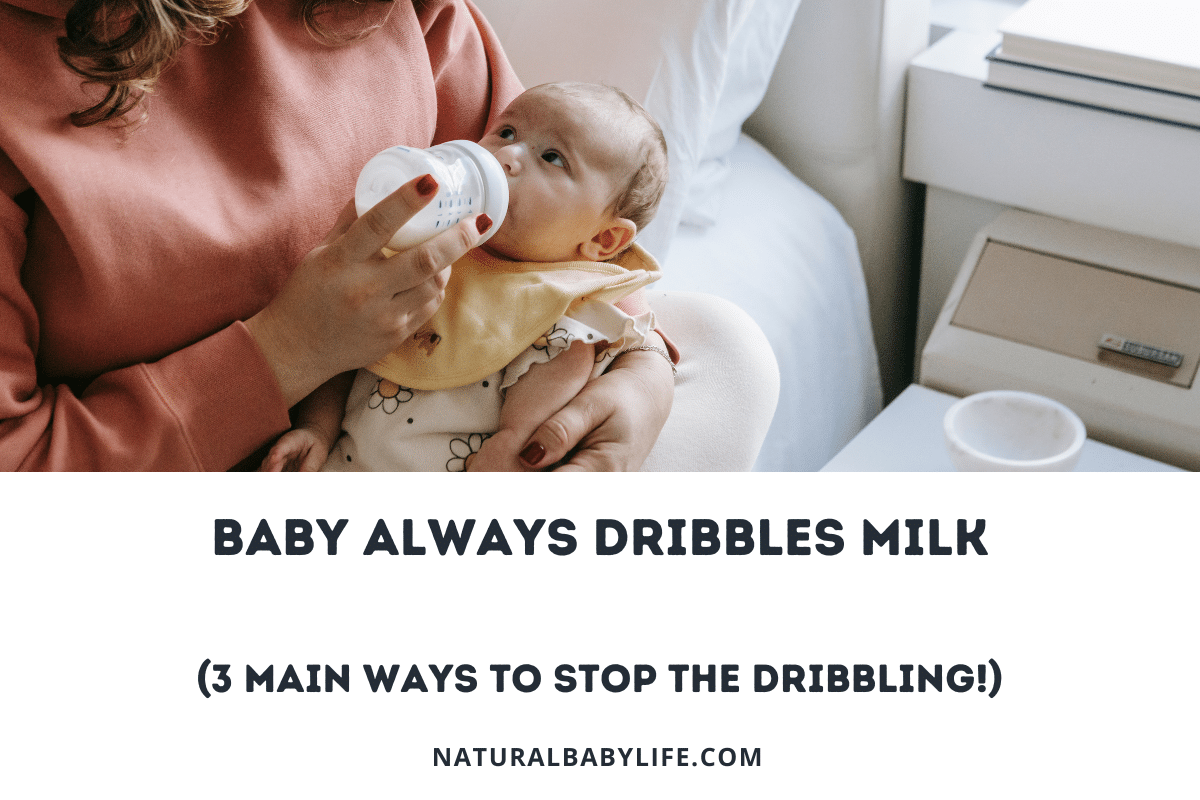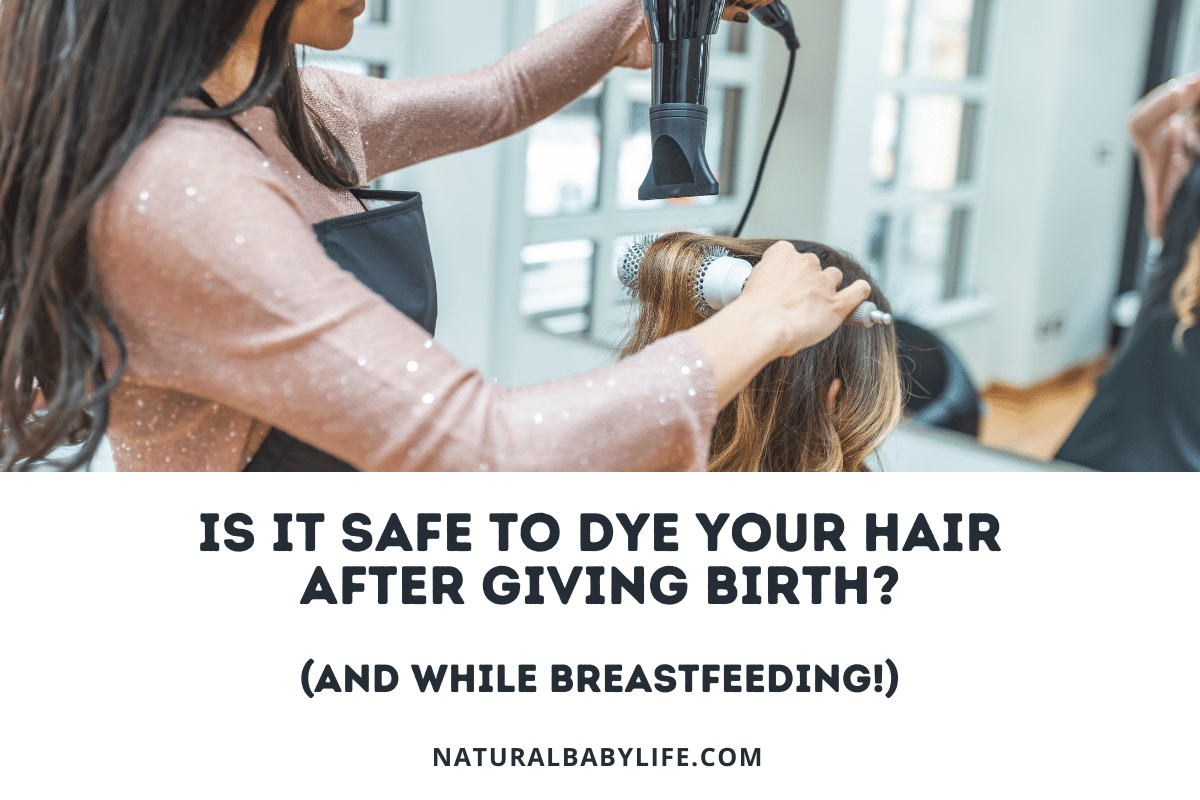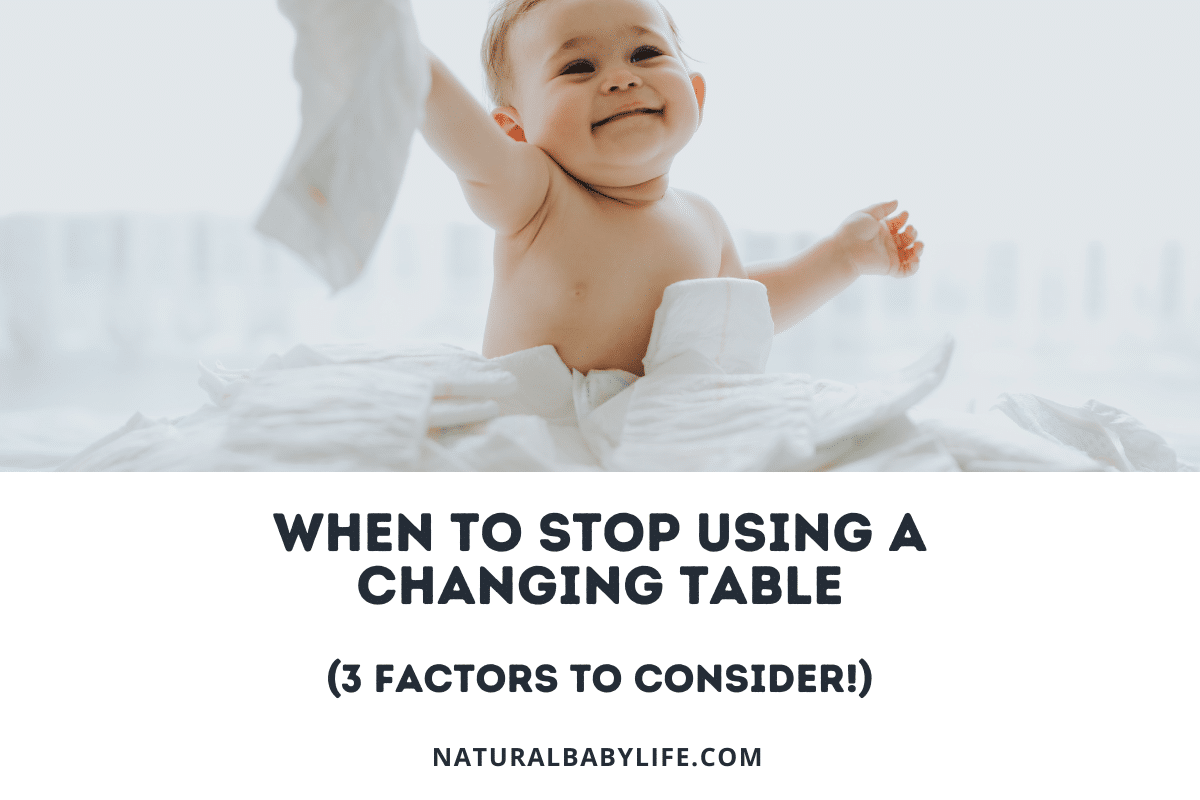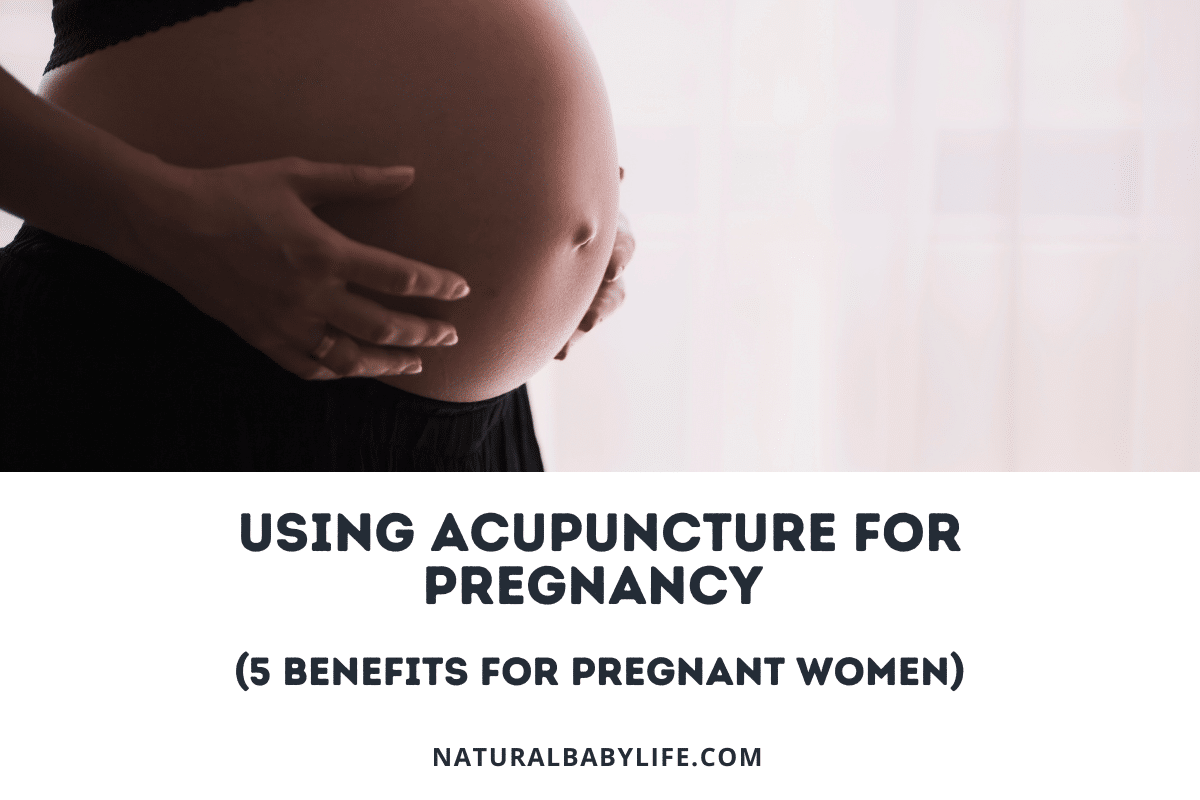You’ve painted the nursery and set up the crib. You’ve had your baby shower and tucked away all of the toys and clothes. You’ve signed up for a childbirth class and written a birth plan. But when it comes to how you’ll feed the little one after they arrive, you’re not so sure how best to prepare. You’ve decided you want to try breastfeeding, but don’t know much about it. As a result, you are now wondering whether or not breastfeeding classes are necessary!
Breastfeeding classes can be incredibly beneficial for parents because it will educate both mothers and fathers about the entire process. Proper knowledge will allow the mother to breastfeed more easily, but also know when to ask for help. In many cases, the classes will free or low-cost.
Obviously, there is a lot that goes into breastfeeding. Having a dedicated class on the topic means that a certified expert will be there to help you throughout the whole process and serve as a resource later on. Let’s dive into what makes these classes so great, what you are likely to cover, and how to find one near you.
Table of Contents
So, are breastfeeding classes helpful?
Resoundingly, yes!
If nobody in your circle of family and friends has breastfed, a class can be essential. But even if you’ve had some exposure, seeing someone feeding is much different than actually putting a baby to the breast. A breastfeeding class can bridge this gap and give you the information you need to make the most of your infant feeding journey.
Research shows that breastfeeding outcomes (how many women initiate breastfeeding and breastfeed until they are ready to wean) are improved when education specific to breastfeeding is provided before the baby’s birth. A breastfeeding class is the best way to prepare.
Isn’t breastfeeding instinctual?
Well, technically, yes. Babies come into the world with survival instincts and reflexes that will help them get to the breast and attach. And mom’s bodies start to make milk regardless of their infant feeding choice. But reading and learning as much as you can about the process will give you the best chance of success.
We’ve got some tips for what to look for in a class – what you can expect to learn and how will it help you with your earliest days (even hours) of parenting.
What is a breastfeeding class?
Essentially, a breastfeeding class will help you learn about the anatomy and physiology of lactation.
Beyond the basics of how the body works, the class will likely provide practical strategies and tips for getting started feeding your baby at the breast, as well as maintaining your breastfeeding relationship. Most classes are geared toward families who are still awaiting their baby’s arrival, but you may find a postpartum class helpful, as well.
Be sure the class you are taking is taught by someone trained in lactation. A board-certified lactation consultant (IBCLC) is the top choice, but childbirth educators, lactation counselors or doulas may also have the experience necessary to teach the basics of breastfeeding. Doctors and nurses may not actually have any formal lactation training, so be sure to ask if the class facilitator has any lactation-specific education.
What are the common breastfeeding class topics?
Topics for a breastfeeding class may include:
- How your body makes and delivers milk
- What you can do before birth to prepare for breastfeeding
- What choices in childbirth can impact infant feeding
- How to get breastfeeding started in the delivery room
- What to do if you or your baby have complications from the birth
- How to tell if your baby is hungry (feeding cues, how often and how long to feed, etc.) and if they are getting enough
- How to positioning and latch a baby (typically with the aid of dolls)
- How to manage common challenges in the early days (and beyond)
- Where to turn if you’re having problems
- How to manage pumping and returning to work
Before signing up for a class, ask about what you can expect to learn. Some classes have an infant feeding class that covers both breast and bottle feeding. Others are geared to moms who plan to return to work.
Having a syllabus or outline will help you choose the class that most closely meets your needs.
How long is a breastfeeding class?
A seminar-style class may last a few hours on a Saturday morning, or you may find that the information is tucked into a baby care class. Online classes may have a series of modules that you can do at your own pace to cover any number of topics. Think about your schedule as well as your partner’s when deciding which option is best – after all, your partner will be the first person you turn to for help and it’s a good idea for them to learn more, as well. And research shows that when partners are included in breastfeeding education, mothers are more likely to start and to continue breastfeeding.
Should I take the breastfeeding class while pregnant?
Taking a prenatal breastfeeding class will help you make birth decisions that maximize the likelihood of a strong start to breastfeeding. You’ll learn why you might want to avoid some pain medications for labor or how skin-to-skin contact immediately after birth can aid in getting breastfeeding started. You’ll learn that early and frequent feedings will set you up for long-term success. And you’ll get the chance to ask questions and get additional information before you’ve got a wailing, hungry baby in your arms.
Some time in your third trimester is ideal for a breastfeeding class – you’re close enough to the birth that you’re craving tips for getting started and you’re not so far from the event that you’ll forget what you’ve learned.
On the other hand, a postpartum breastfeeding class or support group could help you with very specific challenges you’re having. You’ll have your own baby in your arms to practice with and you’ll have realistic and practical questions to ask based on the experiences your in the middle of living. Most pediatricians should be able to recommend a solid local lactation consultant and the best ones will have at least one on staff!
What are the benefits of breastfeeding classes?
While a breastfeeding class may not prepare you for every possibility with a newborn, it will at least give you a bit of background so you know when things are going well and when they’re not. Fixing any problems early in the breastfeeding relationship can salvage your milk supply and protect your baby’s health. A breastfeeding class will give you the confidence to know whether to seek additional support.
Proper breastfeeding can be a bit of a roller coaster to start in the beginning and it is a learning experience for both new mothers and the baby.
Also, knowing what to expect in the early days will ease you into your role as a new parent. With those sleep deprived nights running into the days, all of the diaper changes and feedings, caring for a new baby is challenging. Having at least a few tips to get breastfeeding off to a good start will give you a solid foundation and some control over at least a small parcel of the new parenting landscape.
A breastfeeding class will give you access to an expert – someone who can not only teach you the basics but also answer all of the questions you have. Most instructors will also be knowledgeable about where to get support after the baby’s birth too, and may even provide their own contact information. Reaching out for help when you have already met the person is so much easier when you’re a vulnerable new parent going through breastfeeding challenges.
You’ll also get the chance to meet other parents-to-be. This can be one of the greatest benefits – the chance to see that others are going through the same things you are! Some of the acquaintances you make here may even become some of your closest parent friends in the future.
Where are the breastfeeding classes near me?
Start by asking your obstetrician or midwife for a recommendation. Or, if you’re interviewing pediatricians or your baby is already born, ask them if they can point you in the right direction.
Check with the facility where you’re giving birth.
- Do they offer prenatal breastfeeding classes in conjunction with their childbirth classes?
- Do they have classes while you’re an inpatient immediately after the birth?
- Do they offer postpartum breastfeeding support?
In many urban areas, lactation consultants and other childbirth professionals offer individual and group classes targeted at breastfeeding. Or consider a mother-to-mother breastfeeding support group. While these classes aren’t run my healthcare professionals, they are typically facilitated by trained, accredited leaders and attended by other breastfeeding mothers (who are sometimes the best source for practical tips).
Can’t find a breastfeeding class in your area?
Consider an online class. While e-classes may not be good for those who learn better in a face-to-face environment, this option comes in handy if you’ve got very limited time or you want to show up in your pajamas and slippers at midnight. Most online classes give you access to the material even after the baby’s birth, which can be a great reference or refresher when you encounter new issues.
You won’t, however, get immediate practice and feedback with things like positioning a baby for feeding. And you won’t be able to ask questions and get an explanation with the same clarity as when you’ve got an instructor right there beside you. Be sure any online class you take has the option of interaction with a trained breastfeeding professional so you can have your basic questions answered after finishing the coursework.
How much do classes cost?
It depends.
- Do you live in an urban or rural area?
- Is it a private or group class?
- Is it part of a prenatal package?
- Is it taught by a healthcare professional
The cost can range anywhere from a free hospital-based prenatal class or a no-cost mother-to-mother support group all the way up to a structured course taught by a lactation consultant with a little bit of out-of-pocket expense.
Check to see if you can use your Health Spending Account (HSA) or similar, if you have one. If you are having difficulty affording a class, some professionals charge on a sliding scale, taking your income into consideration.
Are breastfeeding classes covered by insurance?
Because health insurance plans differ significantly, the best way to find out if a class is covered is by calling your insurance company.
Call the member services number to find out what might be included in your policy – from a breastfeeding class to lactation consultant visits or a breast pump and other breastfeeding supplies after the baby’s birth. You’ll need to find out how you’ll be reimbursed if the insurer requires you to pay up front, what forms you need and if they need the signature of the instructor or a healthcare provider.
Working closely with your insurance company will ensure you don’t have any unexpected bills afterward.



